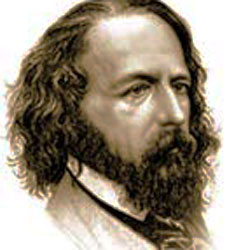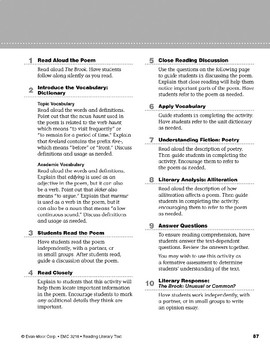The poem "The Brook" by Alfred Lord Tennyson is a meditation on the theme of the passage of time. The brook itself serves as a metaphor for the passage of time, as it flows constantly and never stops, just as time never stops. The poem begins with the lines, "I come from haunts of coot and hern, / I make a sudden sally / And sparkle out among the fern, / To bicker down a valley." These lines introduce the brook as a living, flowing entity that moves through the landscape.
The brook is described as "bickering" down the valley, a word that suggests both the sound of its movement and the idea of constant change. This passage also establishes the brook as being part of the natural world, with mentions of coots and ferns. The natural world is often associated with timelessness and change, as it is constantly evolving and moving forward.
The poem goes on to describe the brook's journey as it flows through various landscapes and encounters various obstacles. Along the way, it encounters rocks and stones, which it must flow around or over, and it also encounters other brooks and streams, which it must join with and flow into. These obstacles and encounters serve as further metaphors for the passage of time, as they represent the challenges and changes that we all must navigate in life.
As the poem progresses, the speaker reflects on the brook's journey and its ultimate destination. The lines, "For men may come and men may go, / But I go on for ever" suggest that the brook is eternal and unchanging, in contrast to the fleeting nature of human life. This idea is further emphasized in the final lines of the poem, which state, "I chatter, chatter, as I flow / To join the brimming river, / For men may come and men may go, / But I go on for ever." Here, the brook is depicted as being a constant, unchanging presence, while human life is depicted as being fleeting and temporary.
Overall, the theme of "The Brook" is the passage of time and the way in which it shapes and changes our lives. The brook serves as a metaphor for the passage of time, as it flows constantly and encounters various obstacles and changes along the way. The poem reflects on the timelessness of the natural world and the fleeting nature of human life, and suggests that we must navigate the challenges and changes of life in order to move forward.







